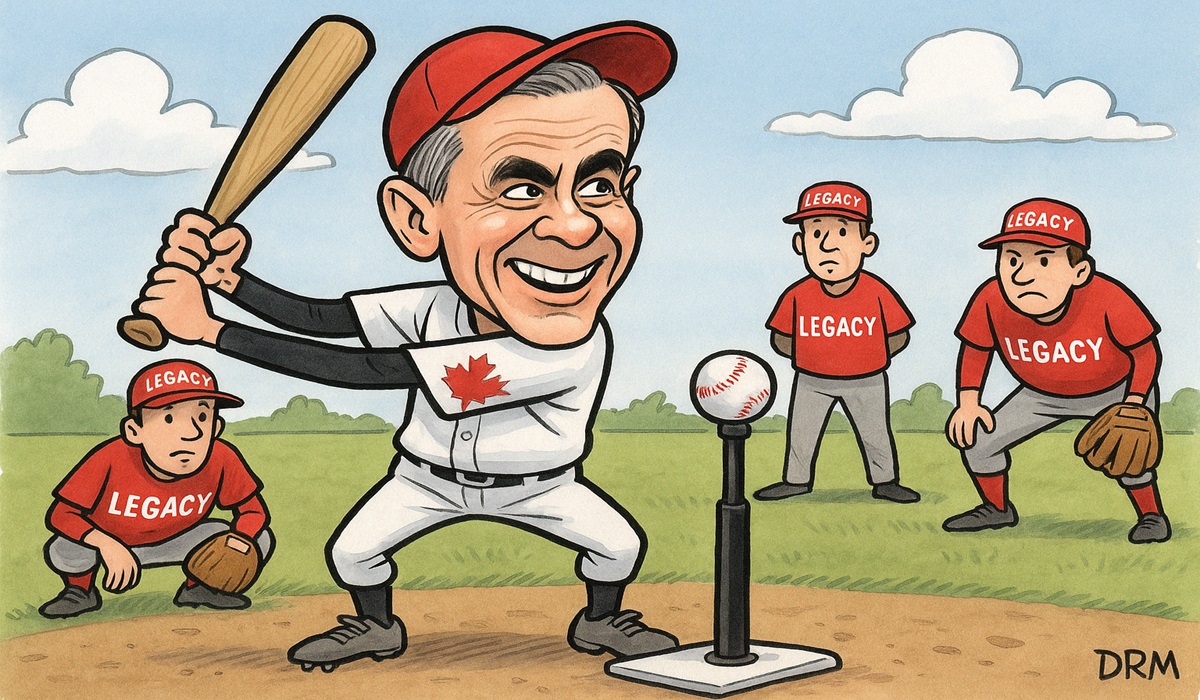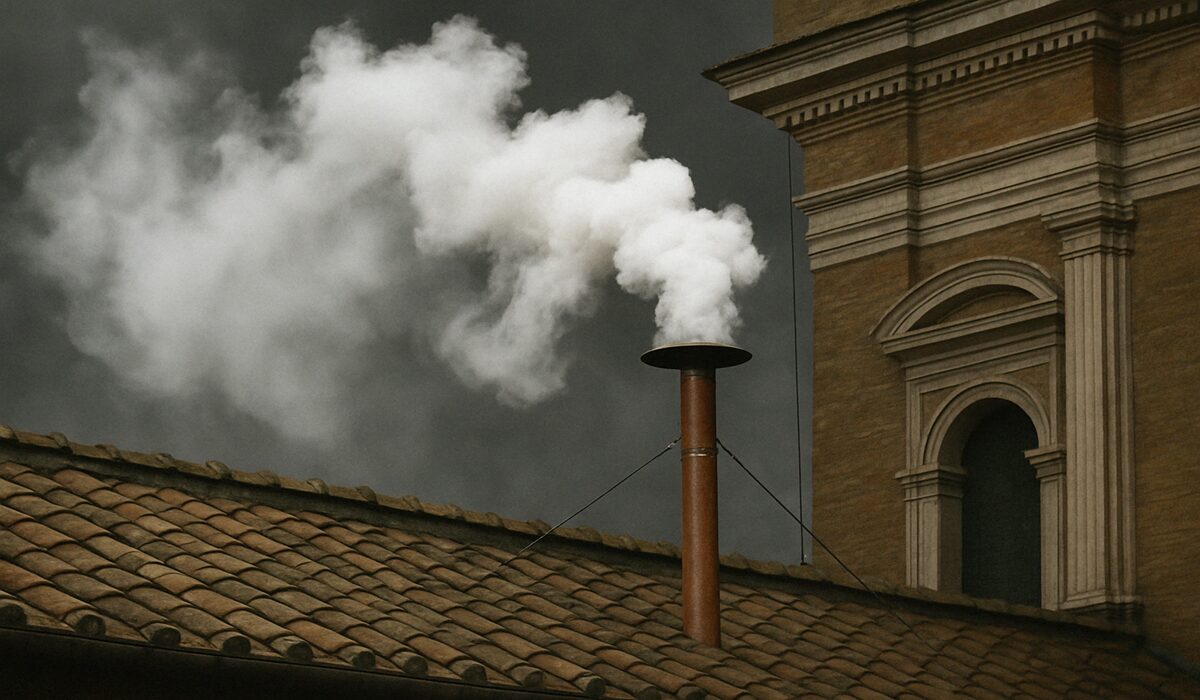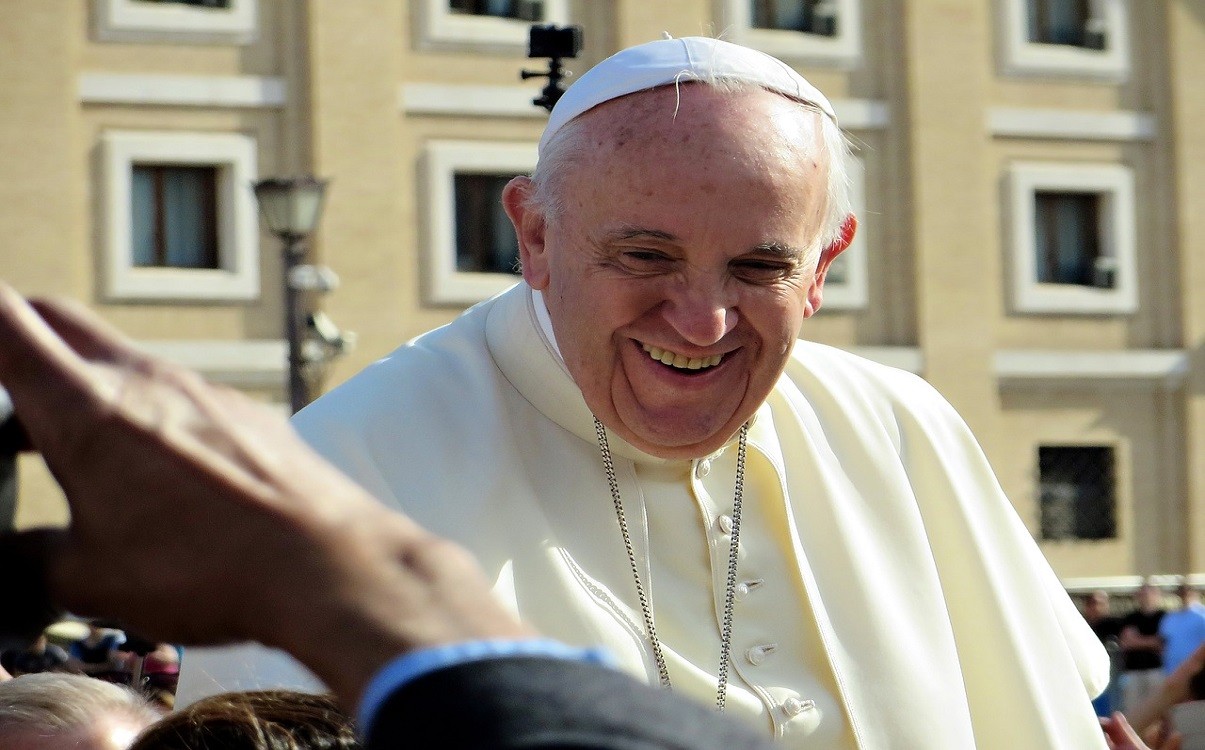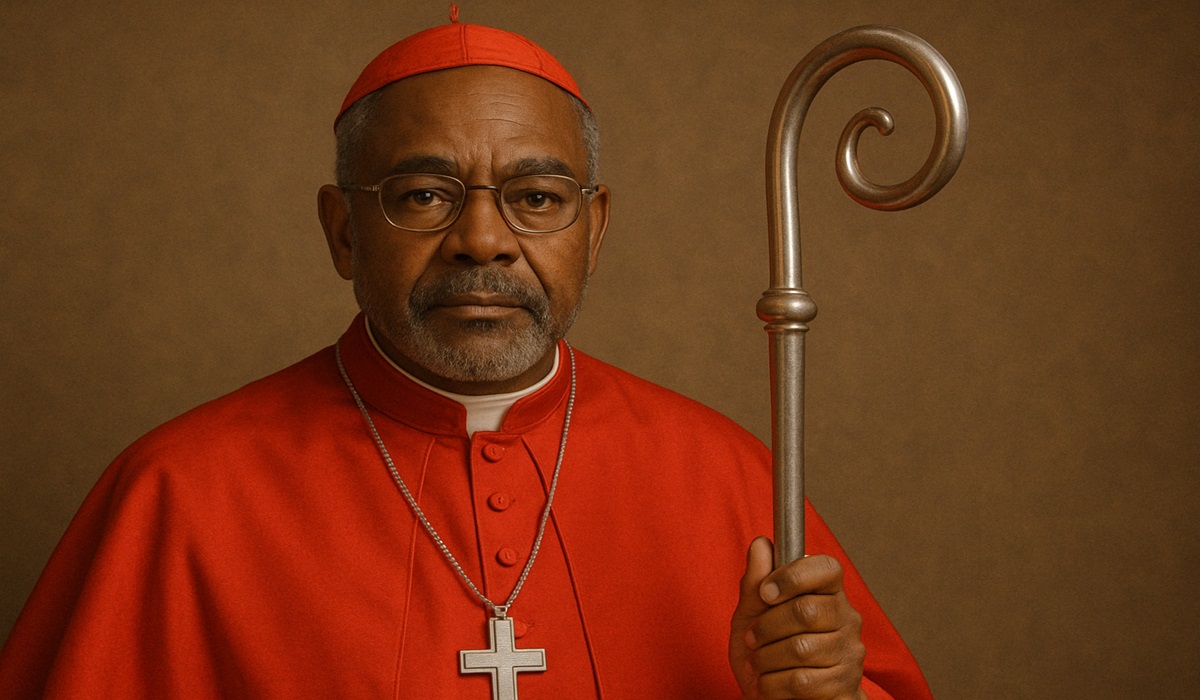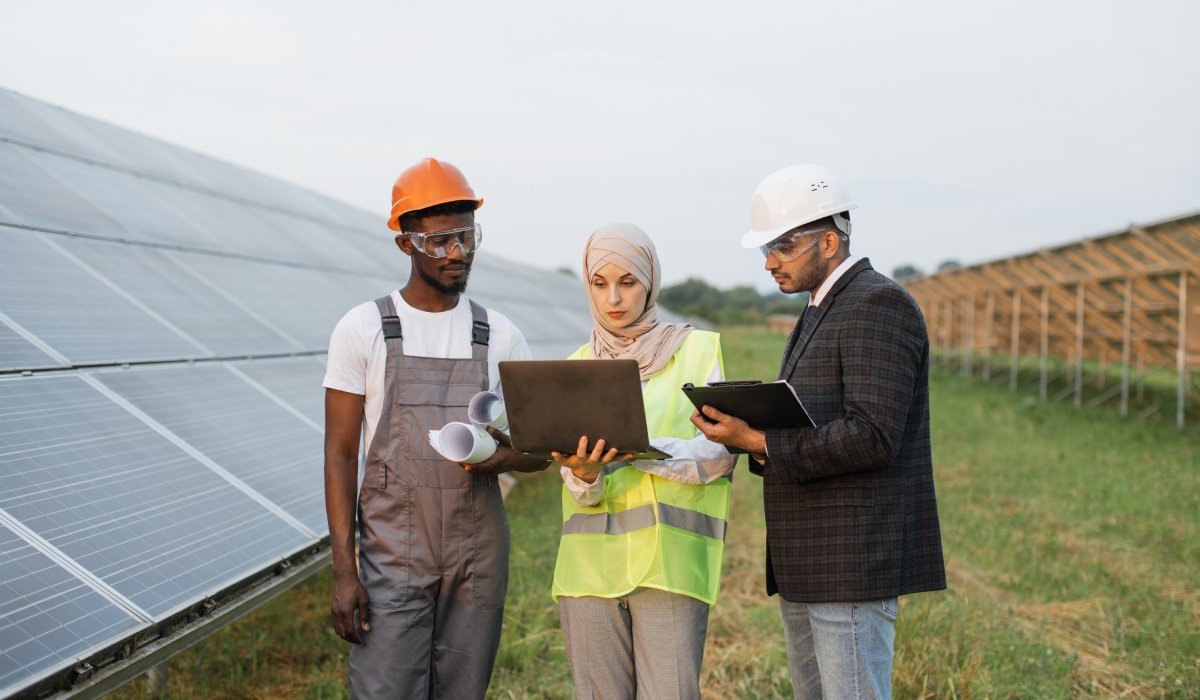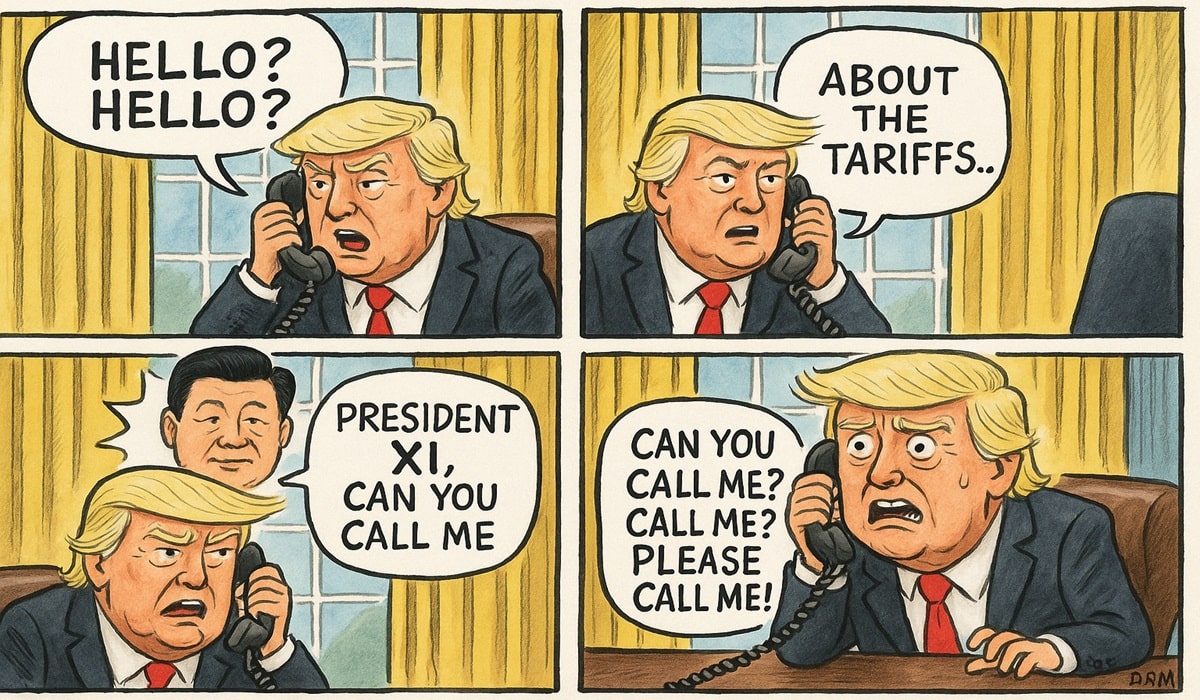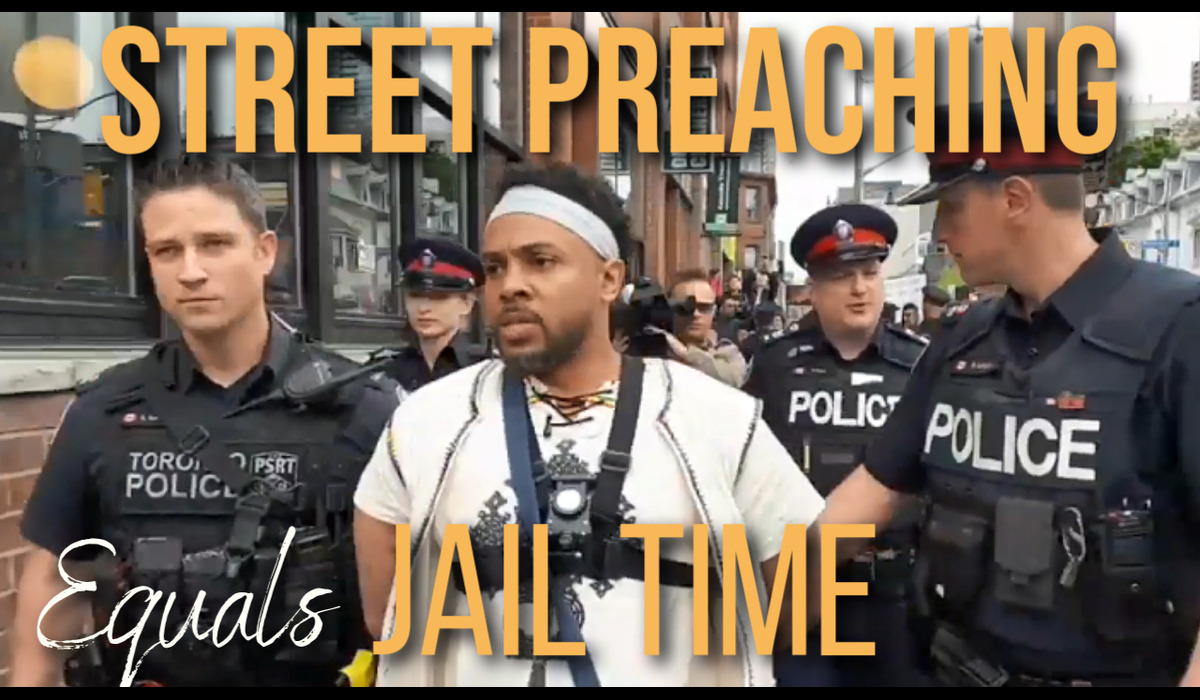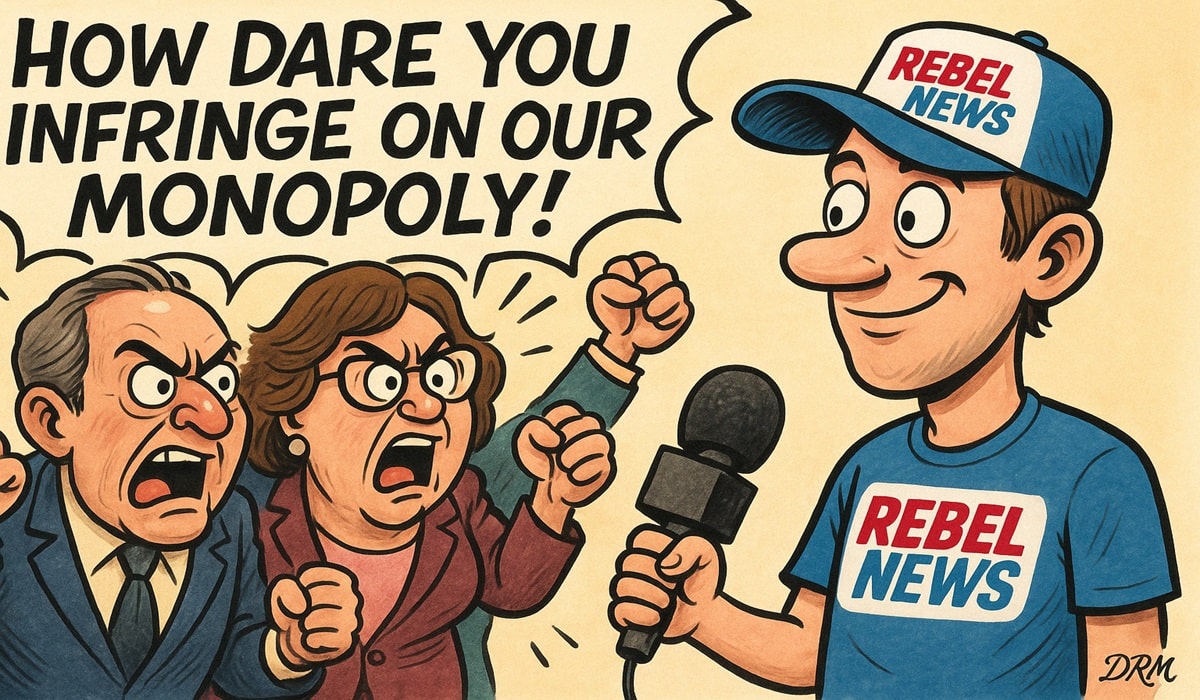Rodrigo Duterte Faces Justice: The Fall of the Philippines’ Most Notorious Leader
- Naomi Dela Cruz
- Asia
- D.O.C Supplements - Trending News
- March 13, 2025

Rodrigo Duterte, the former president of the Philippines, has long been a figure of controversy, both for his brazen rhetoric and the brutal policies he enacted during his time in office. On March 11, 2025, he was arrested at Manila’s Ninoy Aquino International Airport while returning from Hong Kong, taken into custody under a warrant issued by the International Criminal Court (ICC). The charges against him are deeply serious—crimes against humanity linked to his notorious war on drugs, a campaign that left thousands dead and drew widespread international condemnation. The following day, he was transported to The Hague, where he now awaits trial, a stunning downfall for a man who once considered himself untouchable.
Duterte’s war on drugs was nothing short of a bloodbath, a campaign launched in 2016 under the banner of restoring law and order. His administration claimed that the Philippines was being overrun by drug syndicates, and his solution was unrelenting force. He gave police and vigilantes what many perceived as a license to kill, with his own words fueling the carnage. He told officers that if they killed suspected drug dealers, they would have his full protection. He even joked about personally throwing criminals out of helicopters. The result was a wave of extrajudicial killings that left thousands dead—many of them poor, many of them mere suspects with no due process. Human rights organizations repeatedly warned of the unchecked violence, calling it state-sanctioned murder. The ICC launched its investigation in 2021, despite Duterte’s refusal to cooperate.
Duterte did not merely ignore the ICC; he outright mocked it. In 2019, he led the Philippines out of the Rome Statute, the treaty that established the court, in an attempt to shield himself from prosecution. He dismissed ICC prosecutors as “foreign meddlers” and vowed never to recognize their jurisdiction. He believed his withdrawal would put him beyond reach, but the ICC maintained that it still had the authority to investigate crimes committed while the Philippines was a member. His confidence was unwavering. Even after his presidency ended in 2022, he continued to travel and live freely, assuming he would never face justice. His arrest at the airport, therefore, was not just a legal turning point—it was a moment of reckoning.
The Philippines has a long and troubled history with political violence, corruption, and a fractured legal system that has often enabled leaders like Duterte to operate with impunity. The country’s drug trade has been an ongoing issue, but critics argue that Duterte’s war on drugs was never truly about eradicating narcotics—it was about consolidating power and eliminating dissent. While poor and vulnerable communities bore the brunt of the killings, powerful drug lords often walked free. His administration was also plagued by allegations of cronyism, favoritism, and a disregard for human rights that went far beyond the war on drugs. Journalists were targeted, opposition politicians were harassed, and a culture of fear took hold under his rule. His crude and violent rhetoric only added to the climate of impunity, making it clear that brutality was not just tolerated—it was encouraged.
Duterte is far from the first leader to face the ICC, and history has not been kind to those who find themselves in its custody. The court has prosecuted warlords, generals, and former heads of state, with many of them spending the rest of their lives behind bars. Bosco Ntaganda, a former Congolese warlord, was convicted of 18 counts of war crimes and crimes against humanity, including murder, rape, and the use of child soldiers. He was sentenced to 30 years in prison. Dominic Ongwen, a commander in the Lord’s Resistance Army in Uganda, was found guilty of a litany of crimes, including enslavement, forced marriage, and mass killings, and was sentenced to 25 years. Germain Katanga, another Congolese militia leader, was sentenced to 12 years for his role in the massacre of a village. The ICC does not pursue cases lightly, and those who end up in its grasp rarely escape conviction. Duterte may have spent years evading accountability, but if history is any guide, his future looks grim.
For years, Duterte scoffed at the idea that he would ever be held accountable for his actions. He built his legacy on defiance, on a brand of leadership that thrived on fear, violence, and intimidation. His arrest and transfer to The Hague mark a dramatic reversal of fortune, a moment when the man who once dictated the law now finds himself at the mercy of it. No longer the iron-fisted ruler, no longer shielded by power or political alliances, he is now in a place where his words hold no authority and where his history is no longer written by those who fear him. Justice, long delayed, may not be denied.

